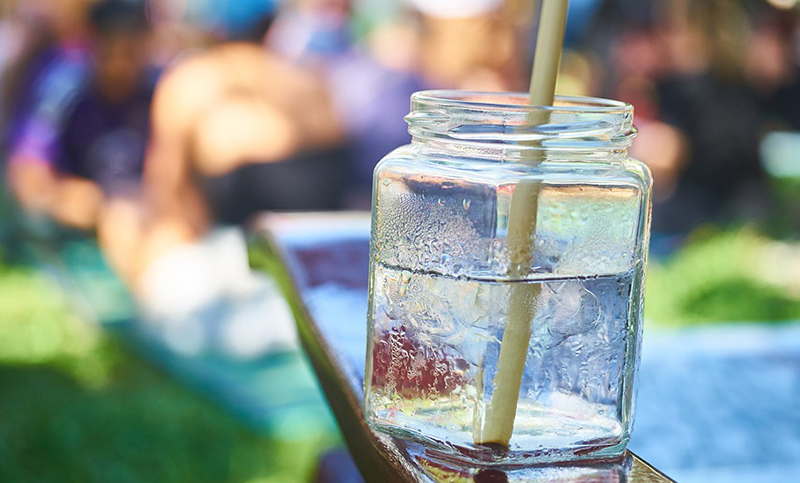5 Ways Drinking Water Will Benefit Urologic Health
5 Ways Drinking Water Will Benefit Urologic Health

Consuming plenty of water each day will have a wide range of benefits for urologic health. Here’s why you should be drinking your fill every day.
We all know that water is essential for our bodies to function and that we must drink plenty of it every day to stay alive. Our body is made up of roughly 60% water, and this must be replenished through what we drink. While there is no definitive guideline for exactly how much water we should drink each day, all healthcare professionals will tell you that it is at least 2.5 litres, and as much as 4 litres, depending on your size and lifestyle.
Drinking enough water every day will have a wide range of benefits for your body, and not in the least your urinary system. Many urologic diseases and conditions are linked with insufficient fluid intake, so if you are concerned about your urologic health, looking at how much water you are drinking each day is a good place to start. Here are 5 ways drinking enough water each day can help benefit urologic health.
It Helps Deter Kidney Stones
Kidney stones are basically clumps of crystallised minerals and chemicals that form in the kidneys. From there they can travel through the urinary tract, and if they are big enough they can cause a great deal of pain and lead to other complications. Most stones form when calcium deposits in the urine combine with another substance, such as oxalate or phosphorous.
Drinking enough water daily is the most effective way to deter the formation of kidney stones. When you drink lots of water and pass it through your urinary tract, you are essentially diluting your urine while flushing out excess minerals and chemicals.
It Flushes Out Bacteria To Ward Off Urinary Tract Infections
Urinary tract infections are common in both men and women – particularly women. They occur when bacteria makes its way from outside the body up through the urinary tract. An infection can occur either in the urethra, bladder, ureters or kidneys, essentially becoming more serious the higher it gets.
While urinary tract infections are difficult to prevent completely, there are some preventative measures you can take to ensure that bacteria does not inhabit the urinary tract, and one the most effective of these is drinking lots of water. This helps flush out any bacteria that may have made its way into the urinary tract.
It Keeps Your Kidneys Healthy
Water is not only essential for preventing kidney stones, it is crucial for keeping the kidneys healthy on the whole. The kidneys are basically your body’s natural filtering system. They collect waste materials (like toxins, excess fluids and excess nutrients), combine them with water, and expel them via the urinary tract. Without adequate fluid intake, the kidneys cannot function like they should.
It Helps Prevent Bladder Inflammation
Chronic inflammation or swelling of the bladder is what is known as interstitial cystitis. This is usually caused by irritation of bladder or a bladder infection and there are a number of troublesome symptoms involved. Again, drinking plenty of water helps flush out any toxins or bacteria from the bladder, which helps avoid any internal irritation.
Constipation can also cause irritation and aggravate inflammation as a full bowel will press against the bladder. Drinking enough water helps prevent constipation by increasing the bulk of stool, making it easier to move through the bowels and pass out of the body.
It Can Help Control Urinary Incontinence
While it might seem a little counter-intuitive, drinking plenty of water can actually help control urinary incontinence. As we’ve mentioned, water will help reduce bladder irritation, which will in-turn help control the urge to urinate. And if bladder training is a part of incontinence management, it is also helpful to know how much water you are drinking each day.
If you have any questions about your urinary health or urologic conditions and would like to book an appointment, please don’t hesitate to get in touch.

Protect Your Prostate: Common Conditions and Treatments
The prostate can be quite a troublesome little organ. Let’s take a look at some common prostate conditions: prostate cancer,…

Men’s and Women’s Urological Health: A Comprehensive Guide
Urological conditions encompass many issues with the urinary tract and reproductive system. Let’s take a look at some of the…






